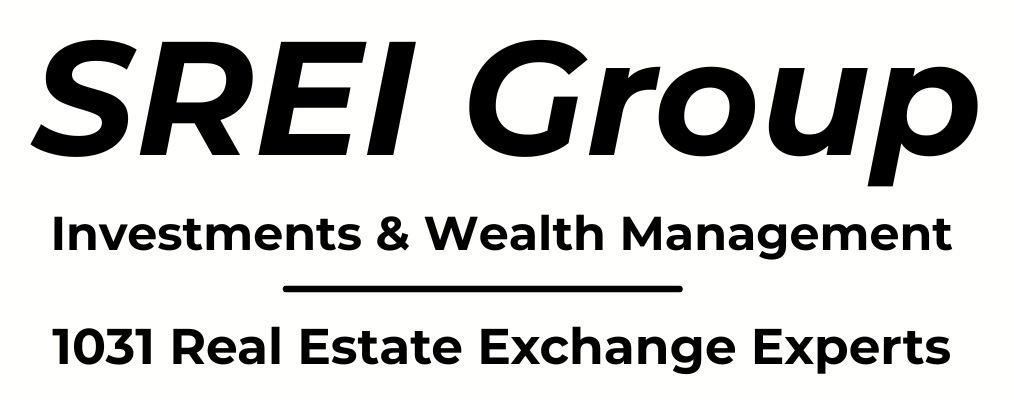Qualified Opportunity Zones (QOZs) are a federal initiative created to provide tax incentives for investors in underdeveloped communities. This program was created as a part of the Tax Cuts and Jobs Act of 2017 and is designed to spur economic development in low-income areas. QOZs offer investors the opportunity to defer taxes on capital gains and to reduce or even eliminate tax liabilities entirely potentially.
The program is structured so investors can invest in a Qualified Opportunity Fund (QOF), a vehicle designed to pool capital and invest in QOZs. The QOF then invests in real estate, businesses, or other assets in designated QOZs. Investors can then benefit from the tax incentives offered by the program.
There are over 8,700 designated QOZs across the United States, and they are located in all 50 states, the District of Columbia, and five territories. These areas are typically low-income and have historically been underserved by investors. The QOZ program aims to change this by incentivizing investment in these areas.
One of the key benefits of investing in a QOF is the potential for significant tax savings. Investors can defer taxes on capital gains until December 31, 2026, or until they sell their investment in the QOF, whichever comes first. Additionally, investors can reduce their tax liability by 10% of the deferred gain if the investment is held for at least five years. If the asset is held for at least seven years, investors can reduce their tax liability by an additional 5%, for a total reduction of 15%. Finally, if the investment is held for at least ten years, any capital gains generated by the QOF investment are tax-free. There are attempts to extend the associated tax savings by Federal lawmakers, but these have not yet yielded any changes to the current terms.
Another key benefit of the QOZ program is that while the investment results in a securitized real estate purchase, the source of the investor’s capital gain does NOT need to be a like-kind. The investor may have a “capital gain” from selling a business or other highly appreciated item and is looking for tax deferral options.
Investing in QOZs can also be a way to diversify an investment portfolio and potentially generate strong returns. Investors often overlook the areas designated as QOZs, which can lead to undervalued assets. Additionally, investing in businesses or real estate in these areas can help drive economic development and create jobs, which can benefit investors and local communities.
However, investing in QOZs is not without risks. Like any investment, there is potential loss, and investors should carefully evaluate the risks and rewards before investing. Additionally, investing in a QOF requires a significant capital investment, which may not be feasible for all investors.
Before investing in a QOF, investors should carefully evaluate the fund’s investment strategy, performance history, and management team. Additionally, investors should consider the potential tax benefits and consult with a tax professional to determine how the program may impact their individual tax situation.
In conclusion, Qualified Opportunity Zones offer investors the opportunity to invest in underdeveloped communities and potentially benefit from significant tax savings. However, investing in a QOF requires careful evaluation of the risks, rewards, and significant capital investment. Investors should carefully evaluate the investment strategy, performance history, and management team of any QOF before investing and should consult with a tax professional to determine the potential tax benefits. If done correctly, investing in QOZs can be a way to diversify an investment portfolio and drive economic development in underserved communities.
Ready to consider your next investment purchase?
(Fill out our contact form, highlight your needs, and we’ll get back to you within 24 hours.)

